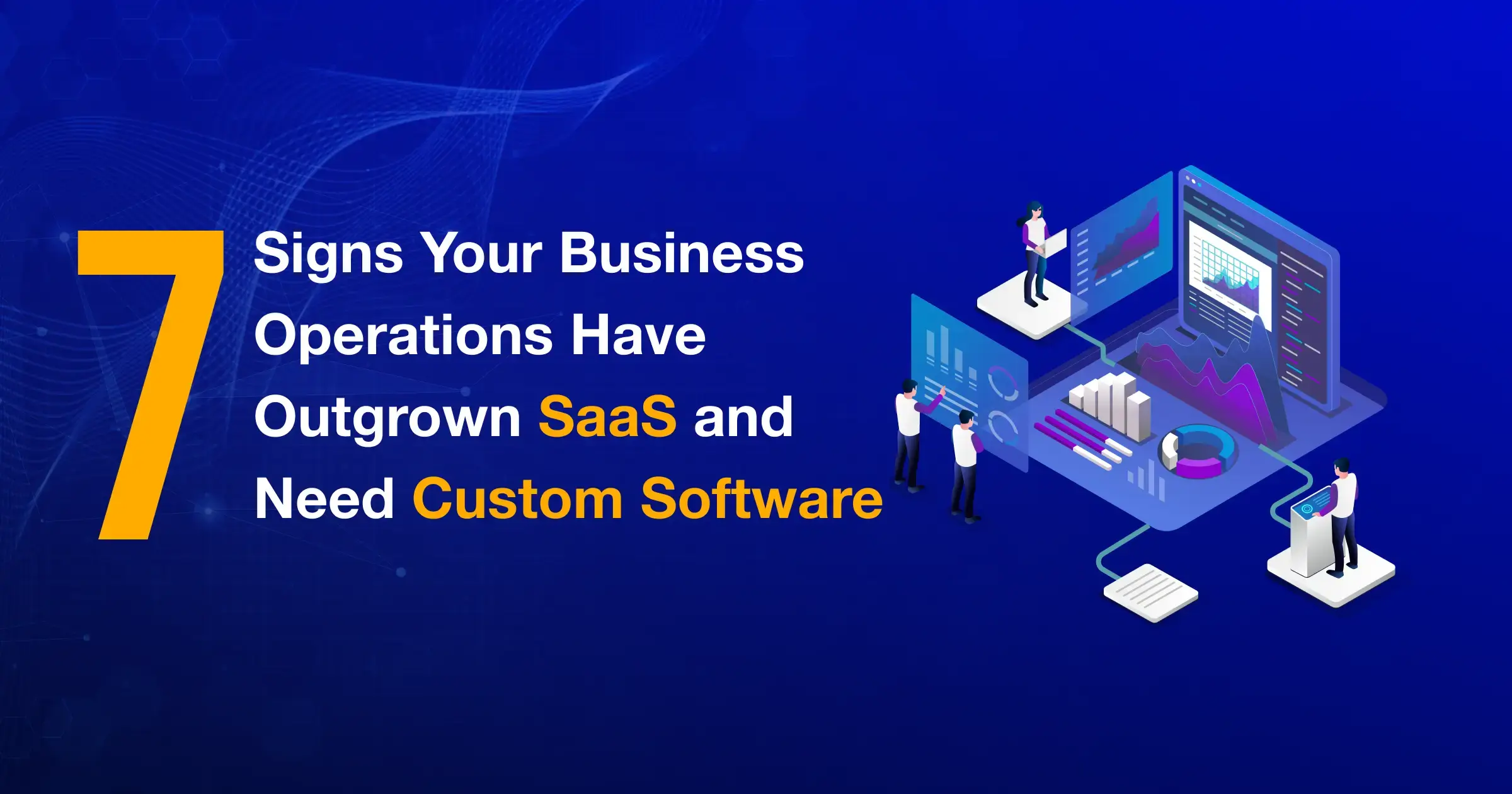Posted by Tech.us Category: Software Outsourcing
We are a team of technology experts who are passionate about what we do. We LOVE our customers. We LOVE technology. We LOVE helping you grow your business with technology.
Artificial Intelligence Services
Machine Learning Services
Generative Al Services
Robotic Process Automation
Natural Language Processing
Chatbot Development Services
Enterprise AI Services
Data Annotation Services
MLOps Services
IoT Services
Data Mining Services
Computer Vision Services
LLM Development Services
AI Agents
Agentic AI Development
Custom Software Development
Enterprise Software Solutions
Software Development Services
Website Development Services
Software Product Development Services
SaaS Development Services
Mobile App Development Services
Custom Mobile App Development
IOS App Development
Android App Development
Enterprise Mobile App Development
Hybrid App Development
Software Development Outsourcing
Dedicated Development Team
Staff Augmentation Services
IT Outsourcing Services
Data Analytics Services
Data Analytics Consulting Services
Business Intelligence Solutions
Software Modernization
Application Modernization Services
Legacy System Modernization
IT Security Solutions
Cyber Security Solutions
Cyber Security Managed Services
HIPAA Compliance Cyber Security
Cloud Application Development
Custom Web Application Development
Cloud Consulting Services
AWS Cloud Consulting Services
Enterprise Cloud Computing
Azure Cloud Migration Services

POPULAR POSTS
01
How To Improve Document Processing Accuracy Using Document AI
02
The Guide to Chatbot Development & What to Seek while Hiring a Company
03
11 Proven Benefits of AI Chatbots for Businesses in 2025
04
Understanding Natural Language Processing: The What? The How? and The Why?
05
What Digital Transformation Means for Businesses in 2026
Posted by Tech.us Category: Software Outsourcing
When you think about outsourcing your software development needs to offshore talent, the picture in your head is probably less than ideal. It’s either people in anonymous masks and grey hoodies typing away nefariously on computers, making your code but planning it in a way to eventually harm you, or people in glasses, talking in languages you don’t understand, looking alien and foreign.
The reality of the situation is far from it. According to some research, the offshore software development market was worth over USD 333.7 billion in 2019 and is expected to rise to USD 397.6 billion by 2025. The reason that the market for offshore software development is so high is that countries all over the world — especially the USA — now recognize the huge potential to lower operational costs while still getting the same quality of work — or close.
Outsourcing your software development may not be as unheard of as previously assumed, with companies like Slack, Skype, and Basecamp using offshore software development companies to start their projects on a budget. In this article, we’ll talk about all the benefits you can get out of outsourcing your software development needs this way, while at the same time suggesting ways to address common problems faced in doing so.
Outsourcing your software development projects essentially means hiring another company, a dedicated software development team, or even a single person on a freelance basis to take care of all your software development for you.
Business practices like this have only recently started to be possible, thanks to the latest developments in technology. These have only been facilitated farther with even on-site teams forced to adjust to a completely remote work setup, with all collaboration between team members and employees happening online.
While various companies were previously not suited to this kind of work, many are now finding that it fits perfectly well with the way their organizations now operate.

Companies aiming for business growth these days often find themselves face to face with the inevitable prospect of having to upgrade the way they do business. They find that they can only bring about true business growth with the help of the right software and technology integrated into their business model, whether for internal processes or to provide competitive services to the end consumer.
The decision to do this, however, can put your organization on the brink of bringing about many operational changes that are either too expensive or that you feel your business just isn’t ready for. You don’t need to let internal problems stop you from taking your business to the next step, though.

Given all the pros and cons listed in front of you, it’s not easy to reach a conclusion straight away. The idea of hiring an in-house team, while more expensive and time-consuming, offers you more control over your project. It also ensures that you get the high-quality software you want, while keeping most factors within your control.
On the other hand, offshore software development gives you limited control over the quality and seems risky at best when it comes to data security. But maybe there’s a compromise you can reach — if there’s anything an astute businessman knows, it’s that there aren’t always just two ways to do something.
The best approach to take here would be a hybrid model of software development, where you hire freelance talent or employ the software development tools companies like ours have to offer, but hire a full-time project manager, or assign an existing one, to oversee the project’s progress and make sure everything is going according to your requirements.
This way, you get the best of both worlds. A solid software designed by a team of talented yet cost-friendly experts, yet the project management remains in-house.
Sometimes entrepreneurs make mistakes and overlook some important things, which only makes the job of the software development team harder. Here are the things you can do as their client to make sure you get the best results.

When you tell the team what you want, make sure you’re not being vague. Instead of going to them with a brief like “I want the program to be able to help my employees work faster”, tell them exactly what you need: “I want a program that can streamline workflow in the office and help different teams assign projects, update the status of ongoing projects, and help each employee in the team know exactly what their task is.”
If you go to a software development team when you’re still unsure of your software requirements, you’ll only have to pay extra fees in terms of overtime and revision fees. This is a hassle, not only for the team but also for you.

This is more of a job for your team manager, but you need to stay involved in the software development process and be available to answer any queries, or just to stay updated on what stage the project is on. It may also be a good idea so you can let them know about any changes in the business or the industry that may change what you need the software for.
In the end, it’s essential that you closely consider what approach would be the best for your business’s growth. You and other entrepreneurs need to take into account existing trends within the industry, and if it’s a good idea to go with those trends or not. You should also consider where current technology is headed. Do the trends point to the kind of software technology you want soon being outsmarted by something new, or is it here to stay and worth investing in?
Once you have the answers to all these questions you can go ahead and hire the dream team for your new software!


Making Money with AI and Machine Learning

The Top 5 PHP Frameworks for Building Software Products
Get Free Tips
NEWSLETTER
Get Free Tips
Submit to our newsletter to receive exclusive stories delivered to vou inbox!
Thanks for submitting the form.
RECENT POSTS

7 Signs Your Business Operations Have Outgrown SaaS and Need Custom...

What Digital Transformation Means for Businesses in 2026

When Does a Mobile App Become a Competitive Advantage for Businesses?

How to Choose the Right AI Development Partner for Enterprise AI Systems

11 Critical Questions to Ask Before Hiring a Custom Software Development...
We are a team of technology experts who are passionate about what we do. We LOVE our customers. We LOVE technology. We LOVE helping you grow your business with technology.
Our Services
Talk to US